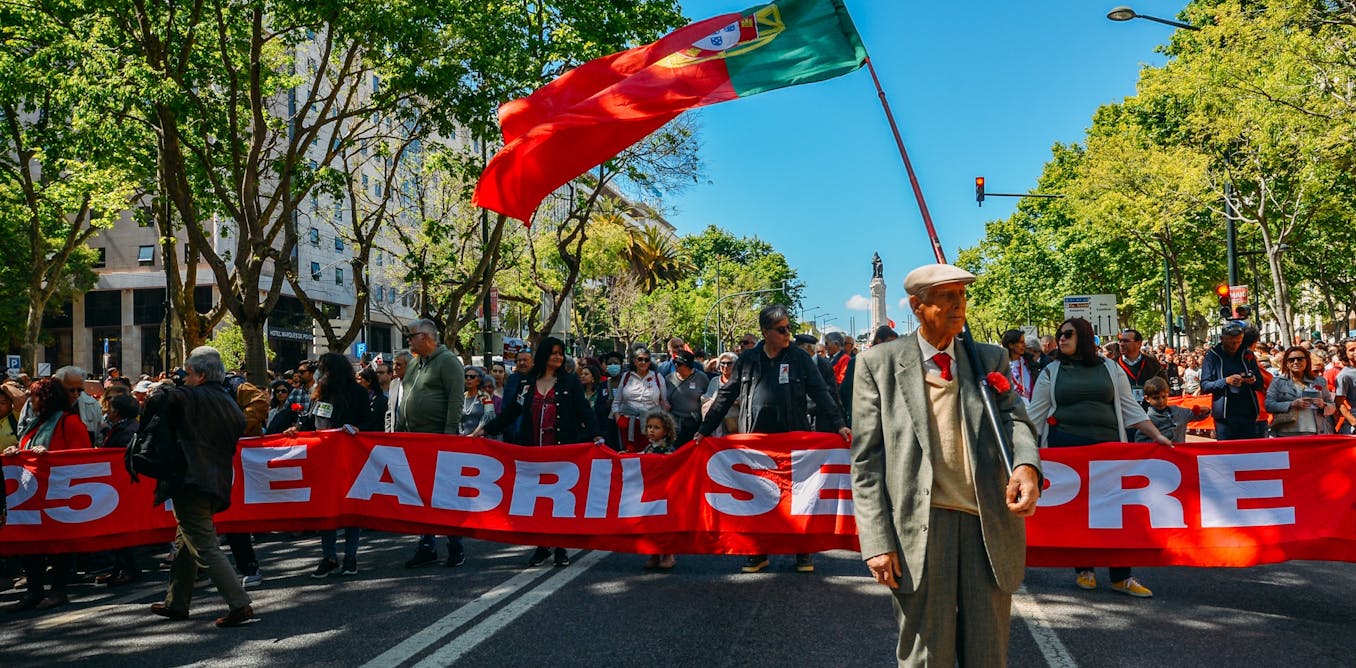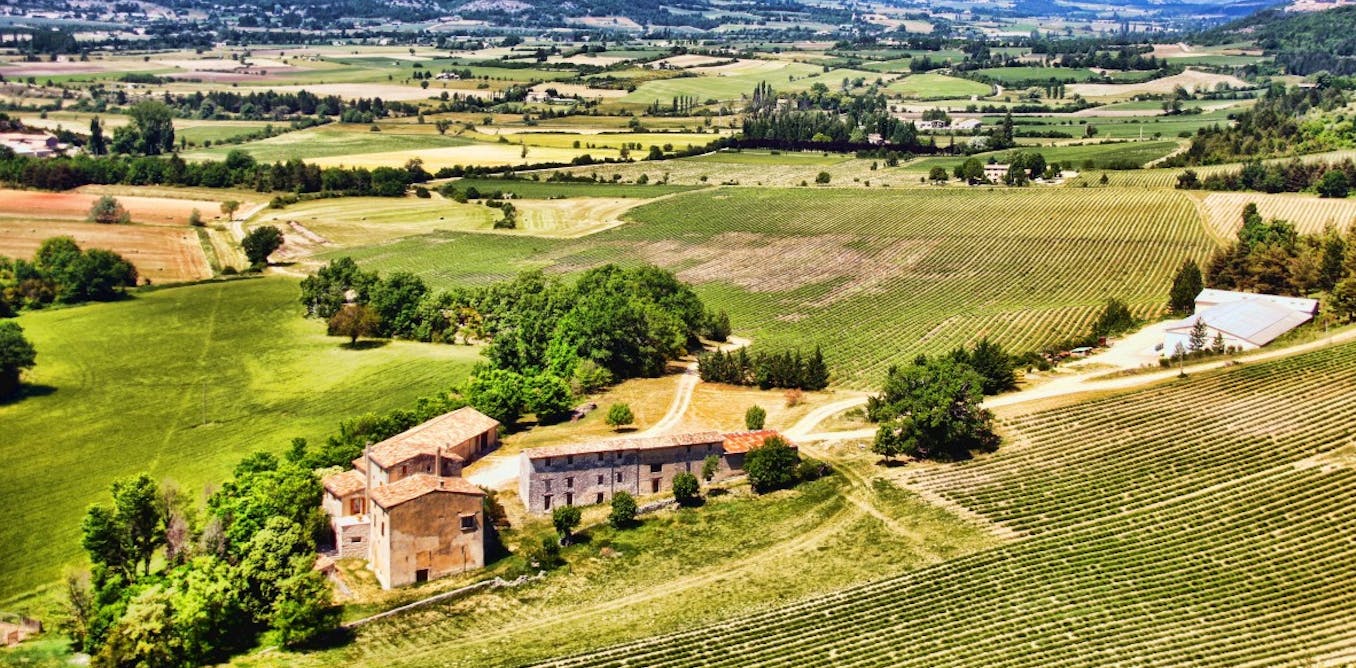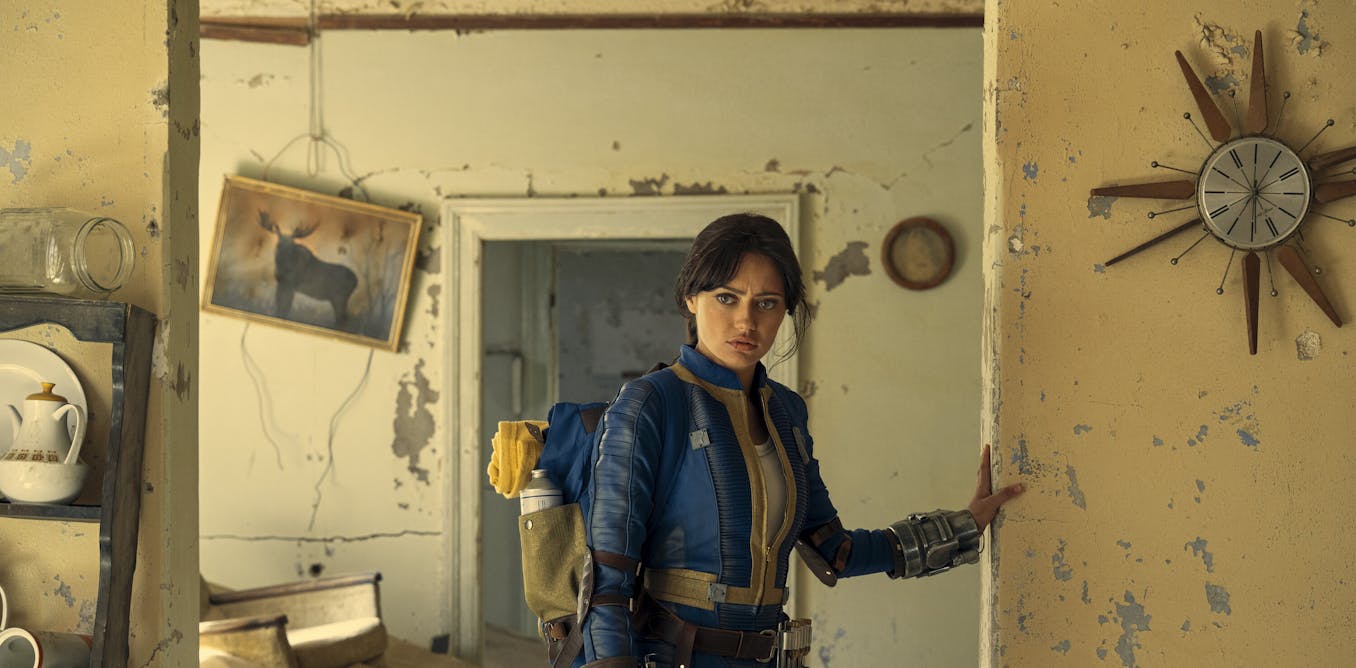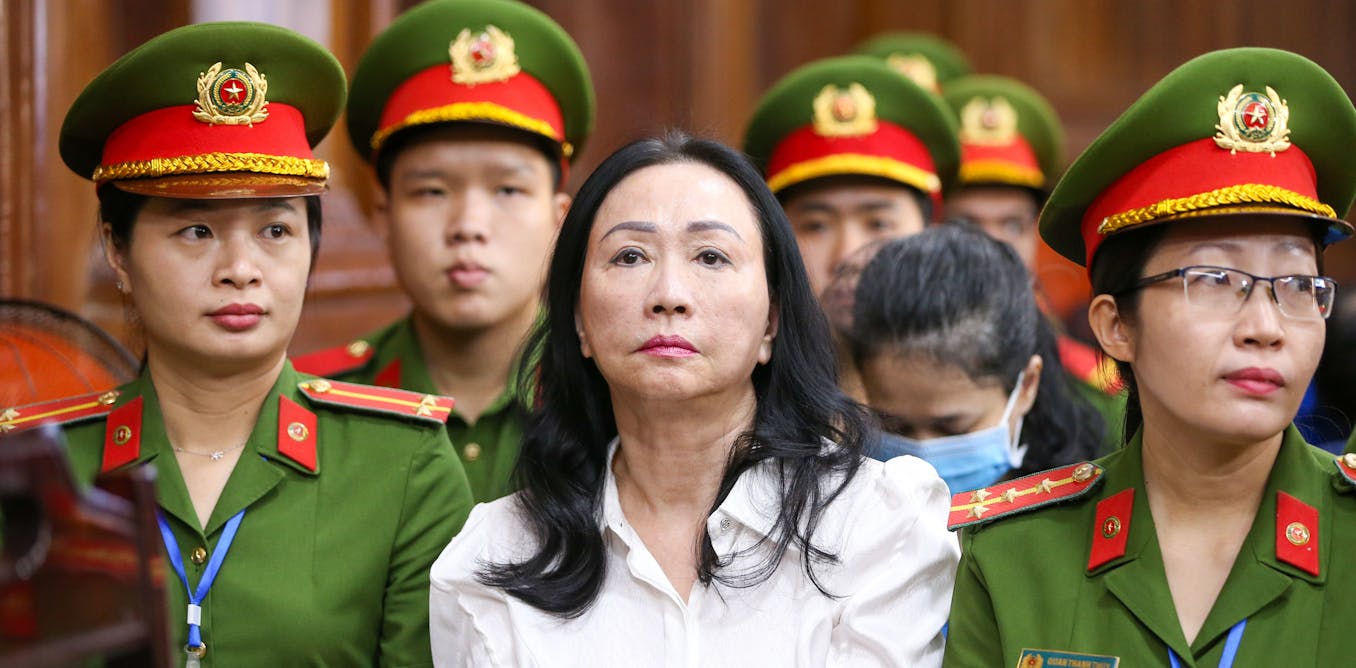-
The Mattei Plan: why Giorgia Meloni is looking to Africa
 Professeur des Universités, directeur du master en relations franco-italiennes, Université Côte d'Azur, Chercheur associé à la Fondation pour la Recherche Stratégique (FRS, Paris), professeur et membre du CISS de l'université LUISS de Rome, Université Côte d’Azur
Professeur des Universités, directeur du master en relations franco-italiennes, Université Côte d'Azur, Chercheur associé à la Fondation pour la Recherche Stratégique (FRS, Paris), professeur et membre du CISS de l'université LUISS de Rome, Université Côte d’Azur
Jean-Pierre Darnis a reçu des financements publics de recherche dans le cadre de l'Académie 5 de l'Université Côte d'Azur / financements IDEX
Continued here -
Impact investing in Paris suburban 'banlieue' neighbourhoods: untapped social and economic potential
 From July to August, Paris will host the 2024 Olympic games. However, once the athletes and spectators have packed up and left, the Games will leave behind a lasting social impact on the run-down neighbourhoods on the outskirts of the French capital.
From July to August, Paris will host the 2024 Olympic games. However, once the athletes and spectators have packed up and left, the Games will leave behind a lasting social impact on the run-down neighbourhoods on the outskirts of the French capital.
These neighbourhoods, known as banlieues, are benefiting from a surge in investment in Games-related infrastructure. The Olympic Village to house athletes, for example, will be located in the working-class area of Saint-Ouen. After the Games, the buildings will be converted into residences for around 6,000 people and offices for another 6,000 workers. This could provide a much-needed lifeline for the neighbourhood.
Continued here -
Rwanda's post-genocide model prioritises security over freedom and equality - a risk to future stability
 Rwanda, a small and landlocked central African country, has made remarkable socio-economic progress since the 1994 genocide in which an estimated 500,000 people died. But the country, as well as the rest of the world, remains divided over the achievements made and the direction taken over the past 30 years.
Rwanda, a small and landlocked central African country, has made remarkable socio-economic progress since the 1994 genocide in which an estimated 500,000 people died. But the country, as well as the rest of the world, remains divided over the achievements made and the direction taken over the past 30 years.
Supporters of Rwanda’s trajectory believe in the aspiration of its president, Paul Kagame, for the country to become Africa’s Singapore. Critics, in contrast, see disturbing characteristics it has in common with North Korea. This stark divergence of views also besets the scholarly community. Some experts acclaim Rwanda as a developmental state and one with high-modernist ambitions to use science and technology for its advancement. Others denounce it as an ethnocracy, a state dominated by one ethnic group, and one run by a hyper-authoritarian dictatorship.
Continued here -
R21 anti-malaria vaccine is a game changer: scientist who helped design it reflects on 30 years of research, and what it promises
 Until three years ago nobody had developed a vaccine against any parasitic disease. Now there are two against malaria: the RTS,S and the R21 vaccines.
Until three years ago nobody had developed a vaccine against any parasitic disease. Now there are two against malaria: the RTS,S and the R21 vaccines.
Adrian Hill, director of the Jenner Institute at the University of Oxford and chief investigator for the R21 vaccine, tells Nadine Dreyer why he thinks this is a great era for malaria control.
Continued here -
The 50th anniversary of Portugal's Carnation Revolution - the peaceful uprising that toppled a dictatorship and ended a decade of colonial war
 Profesor contratado doctor del departamento de Historia Contemporánea, Universidad Autónoma de Madrid
Profesor contratado doctor del departamento de Historia Contemporánea, Universidad Autónoma de Madrid
Across Portugal, a number of photography exhibitions are currently on display that commemorate the ousting of the Estado Novo, the dictatorial, authoritarian and corporatist political regime that had ruled the country since 1933.
Continued here -
When the Supreme Court said it's important to move quickly in key presidential cases like Trump's immunity claim
 When former President Donald Trump’s attorneys argue before the U.S. Supreme Court on April 25, 2024, they will claim he is immune from criminal prosecution for official actions taken during his time in the Oval Office. The claim arises from his federal charges of attempting to overturn the 2020 presidential election results, but also may apply to the charges he faces over hoarding classified documents after leaving office.
When former President Donald Trump’s attorneys argue before the U.S. Supreme Court on April 25, 2024, they will claim he is immune from criminal prosecution for official actions taken during his time in the Oval Office. The claim arises from his federal charges of attempting to overturn the 2020 presidential election results, but also may apply to the charges he faces over hoarding classified documents after leaving office.
No Supreme Court has decided this question, nor has any of its rulings said definitively what counts as an official act and what does not. Numerous commentators have called on the justices to decide the case rapidly.
Continued here -
Family farms are fast disappearing: our research shows how young generations can take them up successfully
 While some might think that family-run farms are a thing of the past, they are in fact the dominant business model in Europe. In 2020, they accounted for slightly more than 9 in every 10 of the EU’s 9.1 million farms.
While some might think that family-run farms are a thing of the past, they are in fact the dominant business model in Europe. In 2020, they accounted for slightly more than 9 in every 10 of the EU’s 9.1 million farms.
According to the UN’s Food and Agriculture Organization (FAO), family farming plays a key role in making our food and agricultural systems more inclusive, sustainable, resilient and efficient. As custodians of landscapes, wildlife, communities and cultural heritage, family farmers factor in social and emotional considerations in their decisions in a way that big profit-driven agrobusinesses do not. So how can we not only best keep them alive, but help them thrive?
Continued here -
Fallout: an expertly crafted TV adaptation that manages to incorporate some of the best elements of gameplay
 Fallout is set in the Los Angeles “Wasteland”, 219 years after a global nuclear war devastated civilisation. Fortunately, the pre-war defence company Vault-Tec had developed a series of underground bunkers, called vaults, designed to ensure the continuation of American society in just such a scenario. Lucky, right?
Fallout is set in the Los Angeles “Wasteland”, 219 years after a global nuclear war devastated civilisation. Fortunately, the pre-war defence company Vault-Tec had developed a series of underground bunkers, called vaults, designed to ensure the continuation of American society in just such a scenario. Lucky, right?
The show follows three survivors. Lucy (Ella Purnell), a vault dweller leaves the safety of her bunker for the Wasteland to search for her missing father. Maximus (Aaron Moten), a rookie soldier in The Brotherhood of Steel, a paramilitary faction of surface-dwelling survivors, is sent on a mission to retrieve a pre-war artefact. And Cooper Howard (Walton Goggins), is a bounty hunter who has roamed the Wasteland for many years as a ghoul – a human mutated by radiation exposure – seeking a major prize.
Continued here -
Extraordinary Vietnam fraud case exposes the inherent vulnerabilities of banks
 The financial crisis of 2008 showed just how much the world depends on banks being well run. Since then, regulators have been given new powers to keep some of the biggest institutions on a much shorter leash to stamp out risk, greed and corruption.
The financial crisis of 2008 showed just how much the world depends on banks being well run. Since then, regulators have been given new powers to keep some of the biggest institutions on a much shorter leash to stamp out risk, greed and corruption.
But this approach hasn’t worked everywhere. On April 11 2024, a businesswoman in Vietnam was sentenced to death for taking out US$44 billion (£35bn) in fraudulent loans from one of the country’s biggest banks.
Continued here -
AI-powered 'deep medicine' could transform healthcare in the NHS and reconnect staff with their patients
 Today’s NHS faces severe time constraints, with the risk of short consultations and concerns about the risk of misdiagnosis or delayed care. These challenges are compounded by limited resources and overstretched staff that results in protracted patient wait times and generic treatment strategies.
Today’s NHS faces severe time constraints, with the risk of short consultations and concerns about the risk of misdiagnosis or delayed care. These challenges are compounded by limited resources and overstretched staff that results in protracted patient wait times and generic treatment strategies.
Staff can operate with a surface level view of patient data, relying on basic medical histories and recent test results. This lack of comprehensive data interferes with their ability to fully understand patient needs and compromises the accuracy and individualisation of diagnoses and treatments. Such a healthcare approach, characterised by these limitations and engagements, could aptly be termed “shallow medicine”.
Continued here
Thursday 25th April 2024
Top stories this week